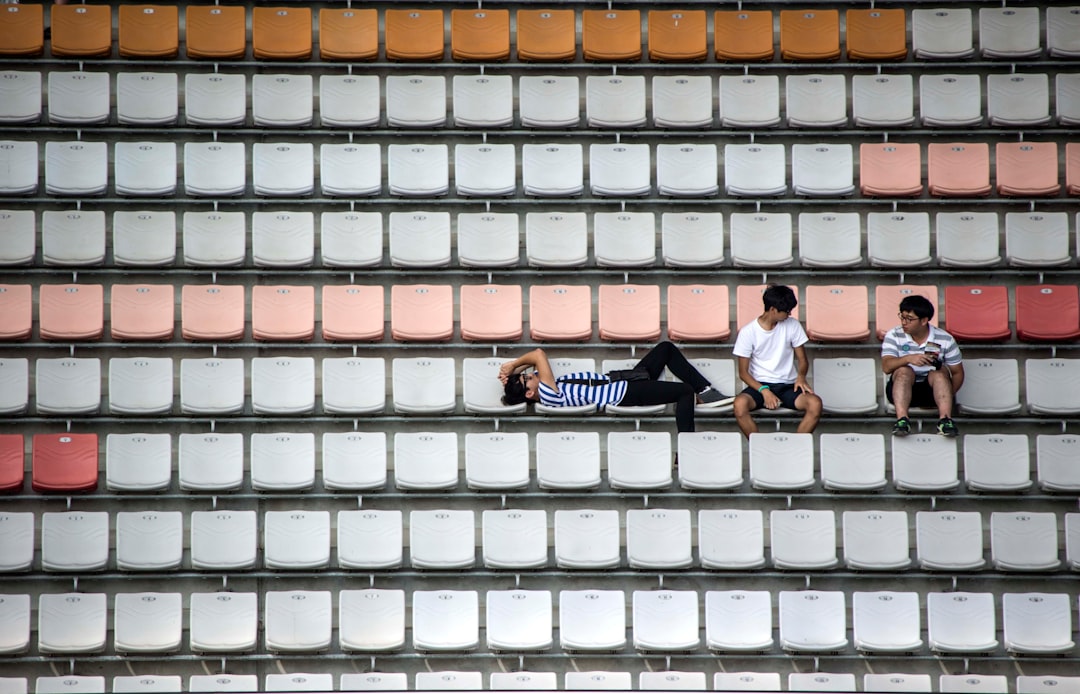Sports
Penn's Game Day Ghost Town: The Shocking Numbers That Reveal an Apathy Epidemic

What separates college sports royalty from the rest?
Picture this: a sea of screaming fans, a stadium trembling with unified chants, and an electric energy that defines a university. It’s the scene at schools like Michigan, Alabama, or Duke on any given Saturday. These institutions are legends in college athletics, but their secret isn't just championship trophies—it's a vibrant, passionate culture forged by their students. It's a culture that, according to the numbers, is alarmingly absent at the University of Pennsylvania.
The Data Doesn't Lie
The statistics paint a brutal and undeniable picture of student indifference. At a powerhouse like Louisiana State University, even during a middling football season, a jaw-dropping 55% of the student body—nearly 18,000 students—consistently showed up to cheer on their team. It's a testament to a culture where game day is an unmissable event.
Now, let's turn the lens to Penn. In 2024, the Quakers saw an average of just 6,100 fans per game. That figure represents a paltry 11.5% of the full-time student population. The math is simple, and the conclusion is damning: for every one student in the stands at historic Franklin Field, there are nearly eight others somewhere else. This isn't just a small gap; it's a cultural chasm that separates Penn from the nation's premier athletic institutions.
More Than Just a Game
This isn't an indictment of Penn's dedicated athletes; it's a spotlight on a campus culture that has failed to rally behind them. The legendary atmospheres at schools like Notre Dame or North Carolina aren't manufactured by marketing departments. They are born from the ground up, fueled by students who understand that their presence matters. That deafening roar from the student section is more than just noise—it's a tangible force that can intimidate rivals, inspire heroic performances, and create a home-field advantage that wins games.
Without that student-led energy, athletes are left playing in a vacuum. The roaring crowd, the sea of school colors, the unwavering support through wins and losses—that is the lifeblood of a true sports school, and its absence at Penn is palpable.
The Power to Change Rests with You
So, what's the solution? It’s not a new coach or a star recruit. The power to transform Penn's quiet stadiums into formidable fortresses lies squarely with the student body. Creating a vibrant, passionate sports culture isn't someone else's job; it's a collective responsibility and an opportunity to build a new legacy. The change begins not with a championship season, but with the simple decision of thousands of students to show up, be loud, and give their fellow Quakers the support they've earned.